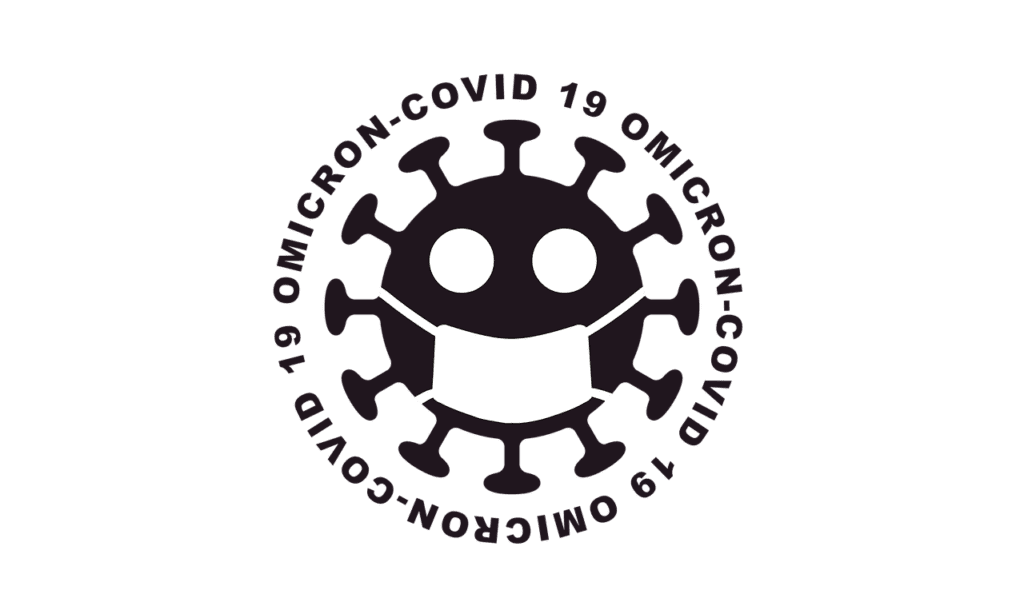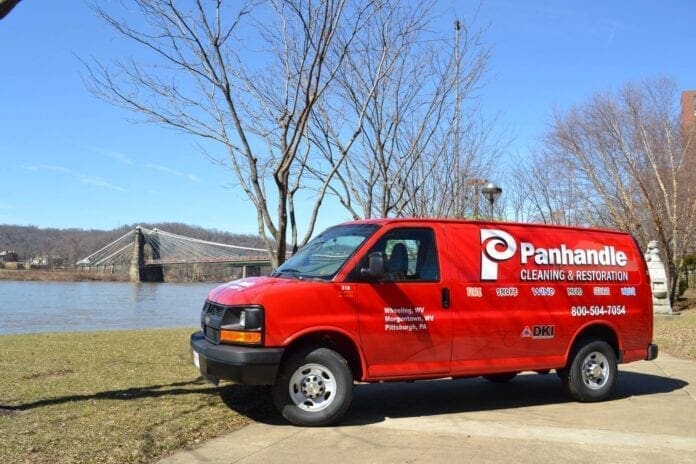Two years ago, a parent may have handed their cell phone to one of their children without thinking twice.
These days, though, that practice has changed, according to Josh Contraguerro at Panhandle Cleaning and Restoration. That is because after living for two years with pandemic precautions in place, lessons have been learned to avoid infection.
In mid-March 2020, the federal Centers for Disease Control and Prevention recorded several cases of SARS-CoV-2, a coronavirus most commonly known as Covid-19. Since, then virus has spread globally, including nearly 81 million positive cases in the United States and 492,000 in West Virginia and 2.7 million in Ohio.
“I think the number one thing we have all learned since this started is that we weren’t very clean before the virus, and what I mean by that is that we weren’t sanitizing things like our cell phones as often as we should have, and our tablets and things like that,” said Contraguerro, the vice president of specialty services for Panhandle. “I believe since we have been very careful about surfaces since the pandemic began, we have learned how important cleaning the things we use the most. So, yes, our overall cleanliness is a pandemic positive.
“If there is a positive to take from the past couple of years, it’s that we can live a lot cleaner than what we were,” he said. “Plus, I think we all are washing our hands more often, and we’re paying more attention to our surroundings. I think it’s OK to give someone a hug and to shake hands with your friends but using a little hand sanitizer is always a good idea before having a meal.”
Contraguerro also has noticed behavioral differences at public gatherings since such events opened to spectators again about a year ago.
“I feel we are returning to living as normal as possible, but if you are at a sporting event or something similar, you can see that we are keeping some distance from others. At least, that’s what I have seen,” he said. “Overall, people are not on top of each other as much as what we were, and I believe that is keeping us safe, too.
“The pandemic has changed some things; that’s for sure, but I am sure people are anxious to get out and about after the cold weather and, for some who caught the virus during the last spike in cases, after being so isolated from others for a while,” Contraguerro said. “The past two holiday seasons have produced high numbers of positive cases, so that may be something we’re going to have to think about in the future.”

Spikes in Services
When the Omicron variant emerged, the numbers of positive cases increased significantly in all 50 states, and that translated into a deluge of service calls received by Panhandle’s South Wheeling headquarters. The company, which recently opened a new location in Sarasota, Fla., operates in multiple states each of week of the year.
The number of cases and associated deaths has declined in the past four weeks nationwide and mask mandates have been lifted for schools and businesses in all 50 states.
“The pandemic has continued to evolve, and the calls for services have come in waves,” Contraguerro explained. “If you look back at the past six months, you can see when we were at our busiest because it’s depended on the positive numbers of cases. In the beginning there was so much we didn’t know, but now we seem to understand the virus much better than we once did.
“We are still talking with folks at the Centers for Disease Control, and we are still talking with people from health departments so we can work hand-in-hand,” he said. “We are still providing service offices and health and medical facilities on a weekly basis, but the difference now is that we know we have to adapt and modify to keep people safe, so it doesn’t keep spreading as much as it has since the beginning.”
The Delta variant was the first mutation detected by the CDC in late 2020, and at one time the federal agency estimated that it accounted for 99 percent of the positive cases. Delta was more contagious, researchers found, and it caused more hospitalization than the original virus.
The Omicron variant accelerated the pandemic, but the symptoms were not as harmful as at the delta.
“When the numbers skyrocketed with the Omicron variants, the need for services went through the roof. We have worked in office buildings and private homes so the owners could get back in their houses after someone tested positive and had to isolate,” Contraguerro recalled. “We also helped hospitals create new areas for Covid isolation areas for patients while they were hospitalized, and we helped the employees at the testing sites so they could be as comfortable as they could be.
“We have one commercial client that has hundreds of locations, and we have serviced more than 1,000 of those locations so the employees could be as safe as possible,” he explained. “It’s every night, and our employees did those locations in four different states. And yes, we have had to do all of that despite the winter weather we have had this year. The snow and ice storms we’ve had were definitely huge challenges for our employees, but they worked through them to get the jobs done.”


